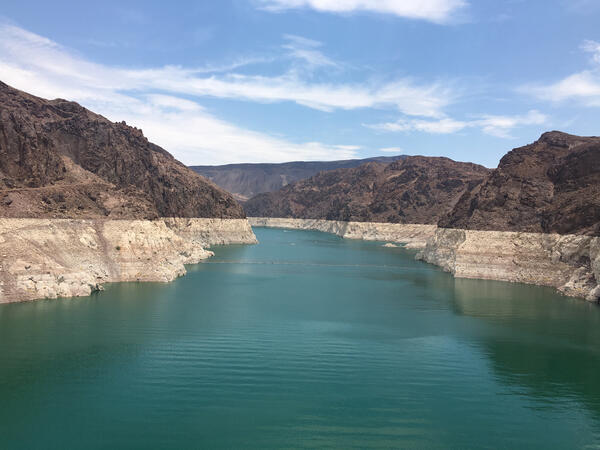
Worst CAP cuts will 'flatten' Arizona's economy, agency says
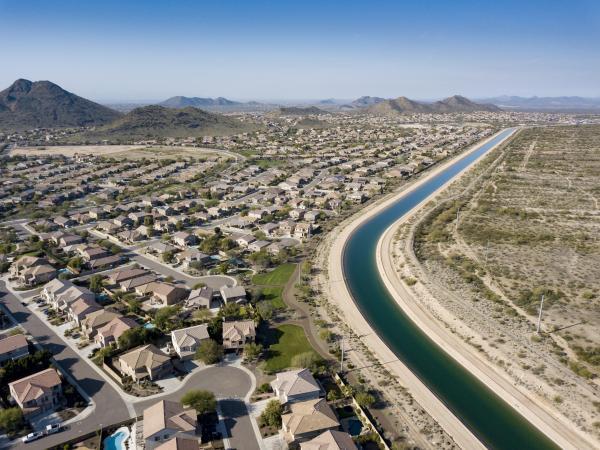
Here’s how to give public comment on future Colorado River plans
“The reason for this current impasse is because the upper basin states have refused to take cuts in their Colorado River use,” said Sarah Porter, the center’s director.
Upper Basin states like Colorado and Utah rely on different water rules than Arizona and other Lower Basin states, complicating negotiations that have dragged on for years.
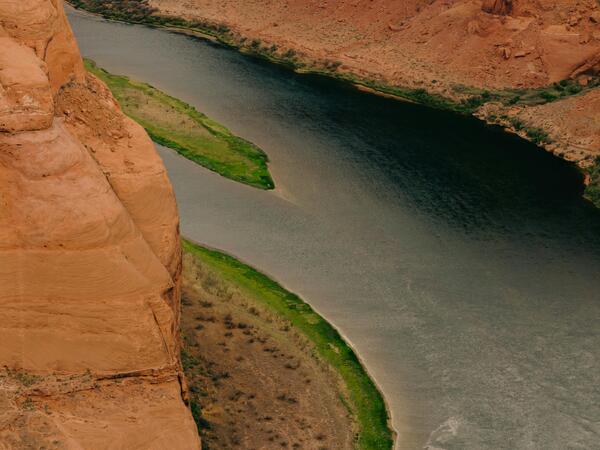
‘The risk of litigation is high’ for Colorado River states, says Utah’s negotiator
“If anything, it seems like that gap is widening, which is unfortunate,” said Kathryn Sorensen, director of research at Arizona State University’s Kyl Center for Water Policy. “It doesn't seem like it's moving in the right direction.”
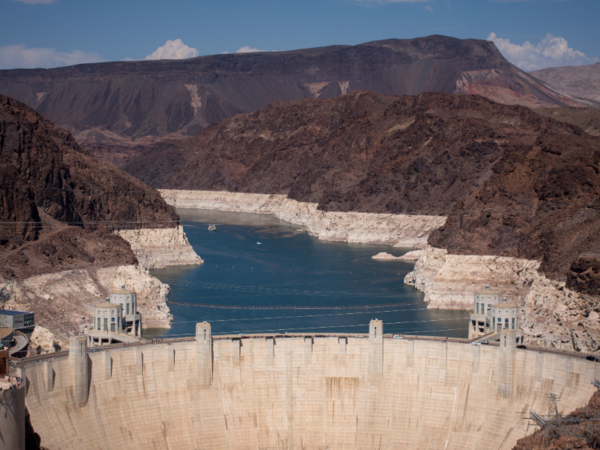
What’s next in the Colorado River crisis
Kathryn Sorensen, a researcher at the ASU Kyl Center for Water Policy, said: “There’s so little water to go around that positions have become hardened as a result. We’re not just talking about inconvenient cuts; we’re talking about severe pain to economies at this point.”
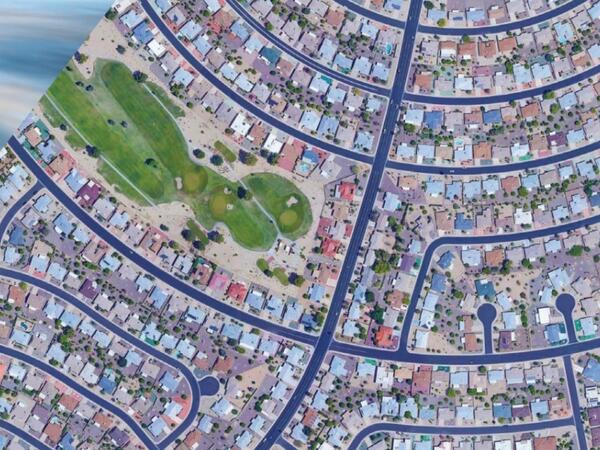
Scottsdale leaders may raise water rates. Will bills get more expensive in other Valley cities?
Will other Valley cities raise water rates because of the Colorado River situation?
The short answer is yes: your bill will likely go up eventually, but there’s a lot of nuance to this issue. That’s according to Sarah Porter, director of the Kyl Center for Water Policy at Arizona State University.
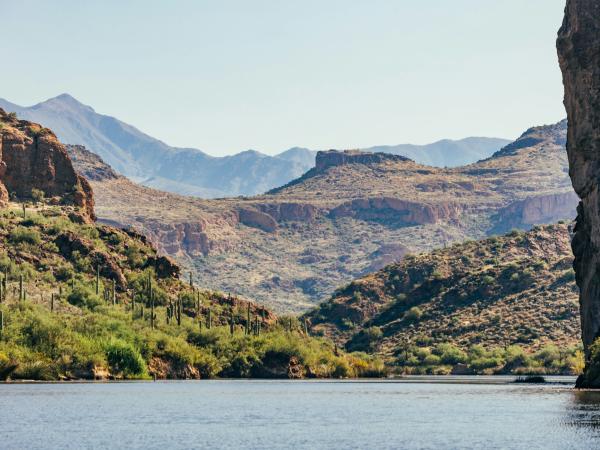
Between two watersheds
“The questions are, who has the authority, and more potentially complicating, whether the Upper Basin would assert that they need to approve of this exchange,” said Sarah Porter, director of the Kyl Center for Water Policy at Arizona State University.
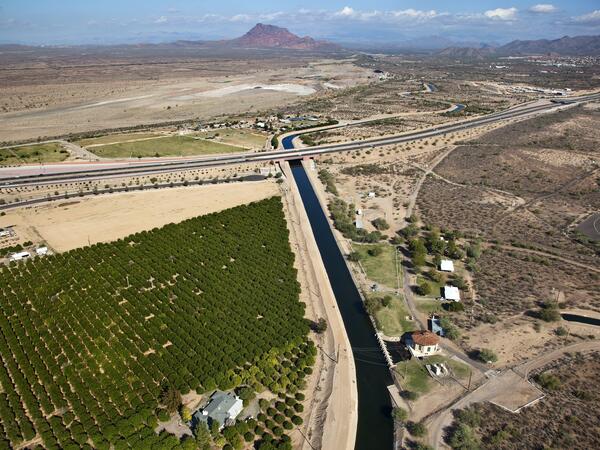
What is next for sharing the Colorado River
I spoke with Sarah Porter at Arizona State University, the Kyle Water Center, and she said she had looked at litigation that involves the Colorado River Compact over time.
And it is rare when it happens, but it can take an average of eight years to see these cases come to a resolution.

No deal forces Colorado River crisis to continue
“I think if this had been a 2 million-acre-foot problem, the states probably could have solved it, but it’s potentially a 4 million-acre-foot problem,” said Kathryn Sorensen, a researcher and professor at Arizona State University’s Kyl Center for Water Policy. “There’s so little water to go around that positions have become hardened as a result. We’re not just talking about inconvenient cuts; we’re talking about severe pain to economies at this point.”

Major California water source at risk of systemic failure
Cynthia Campbell, the director of policy innovation for the Arizona Water Innovation Institute at Arizona State University, said that the “honest but unspoken truth” is that the 2007 compact likely overestimated the amount of water that can be reliably drawn.
As a consequence, she added, we’ve repeatedly overdrawn so much that we’re now facing very difficult choices. She’s doubtful that states will manage to agree, and that even if they do, their cuts won’t be nearly drastic enough. During prior negotiations, states in the lower basin have offered to cut their water usage by between 10% and 27%.
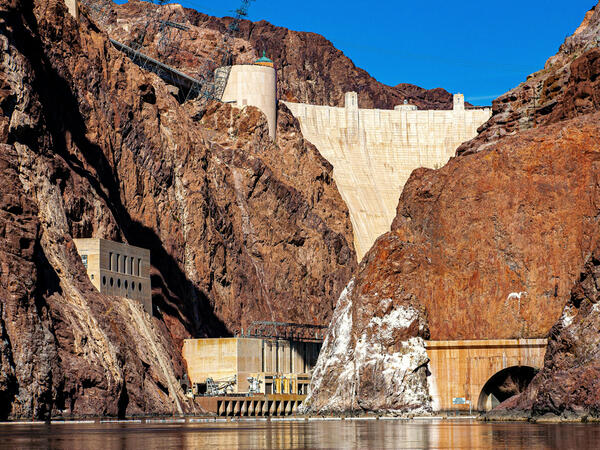
No deal: Colorado River states wave white flag ahead of Trump admin deadline
"This is unprecedented," said Sarah Porter, director of the Kyl Center for Water Policy at Arizona State University. "For all these years, the states have been able to reach consensus, and they simply haven't been able to come up with an agreement that they could all sign on to."